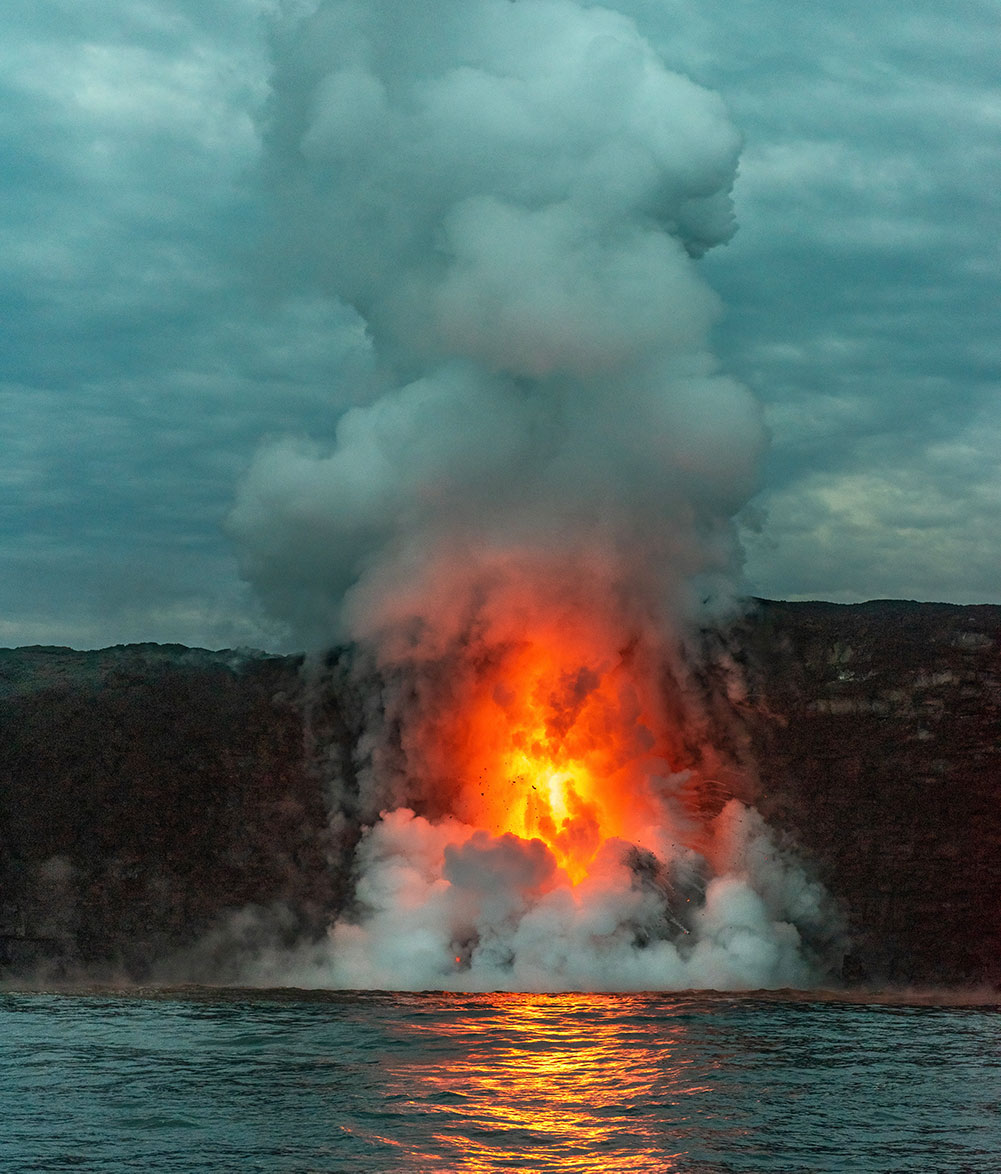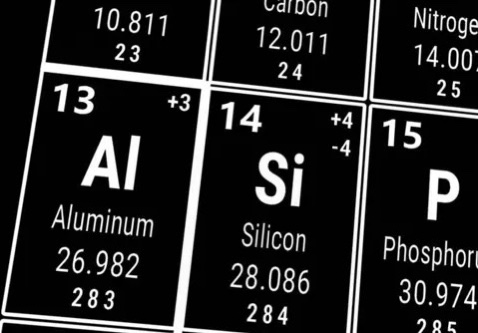





| Labcode | Sample ID | AI*(meq/100g) | Ca (meq/100g) | Fe* (meq/100g) | K (meq/100g) | Mg (meq/100g) | Mn* (meq/100g) | Na (meq/100g) | CEC (meq/100g) |
|---|---|---|---|---|---|---|---|---|---|
| 132122 | Zeolite | < 0.002 | 62.44 | < 0.001 | 23.17 | 8.36 | 0.05 | 55.39 | 149.4 |




Sandra Kraljević Pavelić, Vedran Micek, Ana Filošević, Darko Gumbarević, Paula Žurga, Aleksandar Bulog, Tatjana Orct, Yasuaki Yamamoto, Tajana Preočanin, Janez Plavec, Robert Peter, Mladen Petravić, Dražen Vikić-Topić, Krešimir Pavelić
https://www.sciencedirect.com/science/article/pii/S1387181117303116?via%3Dihub“Our results add knowledge on toxicology and safety properties of clinoptilolite materials as no aluminium leakage was observed from clinoptilolite materials into the blood or organs of tested animals. Presented results therefore, prove for the first time the efficiency of clinoptilolite in detoxification of aluminium in vivo, provide scientific data on clinoptilolite safety issues and usage for detoxification purposes.”
Kraljević Pavelić S, Simović Medica J, Gumbarević D, Filošević A, Pržulj N, Pavelić K.
https://pubmed.ncbi.nlm.nih.gov/30538633/This analysis is published in the Official NIH Records.
Samantha Davenward 1, Peter Bentham, Jan Wright, Peter Crome, Deborah Job, Anthony, Polwart, Christopher Exley https://pubmed.ncbi.nlm.nih.gov/22976072/
"Abstract: There has been a plausible link between human
exposure to aluminum and Alzheimer's disease for several decades. We contend that the only
direct and ethically acceptable experimental test of the ‘aluminum hypothesis’, which would
provide unequivocal data specific to the link, is to test the null hypothesis that a reduction
in the body burden of aluminum to its lowest practical limit would have no influence upon the
incidence, progression, or severity of Alzheimer's disease.
Herein we are testing the
hypothesis
that silicon-rich mineral waters can be used as non-invasive methods to reduce the body burden
of aluminum in individuals with Alzheimer's disease and a control group consisting of their
carers and partners.
We have shown that drinking up to 1 L of a silicon-rich mineral water
each
day for 12 weeks facilitated the removal of aluminum via the urine in both patient and control
groups without any concomitant affect upon the urinary excretion of the essential metals, iron
and copper.
We have provided preliminary evidence that over 12 weeks of silicon-rich
mineral
water therapy the body burden of aluminum fell in individuals with Alzheimer's disease and,
concomitantly, cognitive performance showed clinically relevant improvements in at least 3 out
of 15 individuals. This is a first step in a much needed rigorous test of the ‘aluminum
hypothesis of Alzheimer's disease’ and a longer term study involving many more individuals is
now warranted.”
Mery Montinaro 1, Daniela Uberti, Giuseppina Maccarinelli, Sara Anna Bonini, Giulia FerrariToninelli, Maurizio Memo https://pubmed.ncbi.nlm.nih.gov/23562853/
